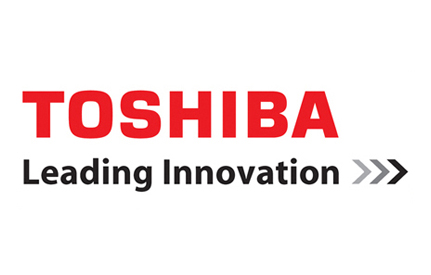History Of Paper
The birth of modern printing and paper use began in the fifteenth century with the introduction of the printing press by German inventor Johannes Gutenberg. Although it’s growth was slow – one of Gutenberg’s sheep skin parchment bibles took 300 sheep per bible – the technology’s potential was soon recognised. To take full advantage of this new printing system, Europe saw the adoption of a Chinese paper making process first developed in AD 105. It’s use of rags meant that this paper was essentially a form a recycling.
The first Australian paper mill in 1815 similarly depended on a rag recycling system. International shortages in rag supplies, however, led to technology developments enabling paper to be made from trees. This major breakthrough for the international paper industry meant that shortly after 1887, the first commercial production of tree-based paper took place in Canada.
The mass availability of trees quickly made this new type of paper significantly cheaper. This drop in cost led to a significant expansion of paper use by the business sector – a growth that continued throughout the twentieth century. The explosion in computer technologies was of course central to such growth.
By the late eighties, awareness about the environmental impacts of the paper industry had increased. In the business world, however, images of falling trees failed to reduce paper use. Indeed, it went the other way. Emails landed on the corporate doorstep and paper usage went through the roof.
Fortunately this situation has recently begun to change. For the first time in history, companies have developed software, technology and storage systems that provide viable alternatives to paper. These digital alternatives have been proven to make many businesses more productive and more efficient. In many cases, they have also saved companies significant amounts of money.
So the primary reason behind our recent change in approach to paper has everything to do with cost savings. Fortunately, it also has significant environmental benefits as well.
Read some great tips on how to reduce your paper usage.






